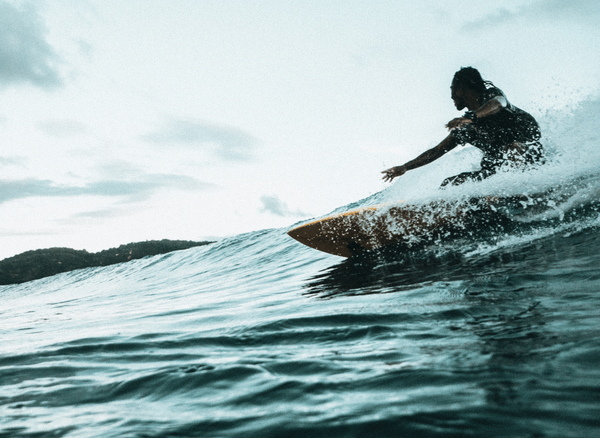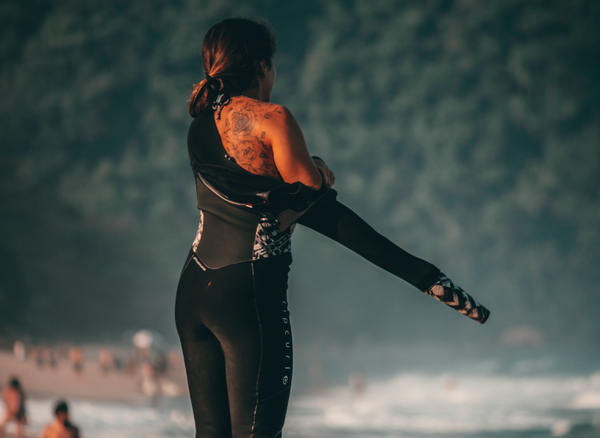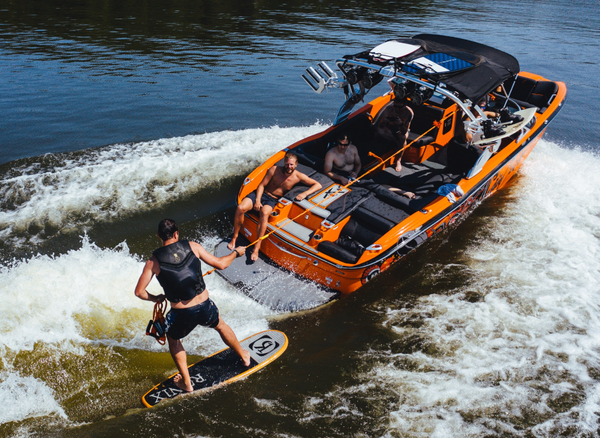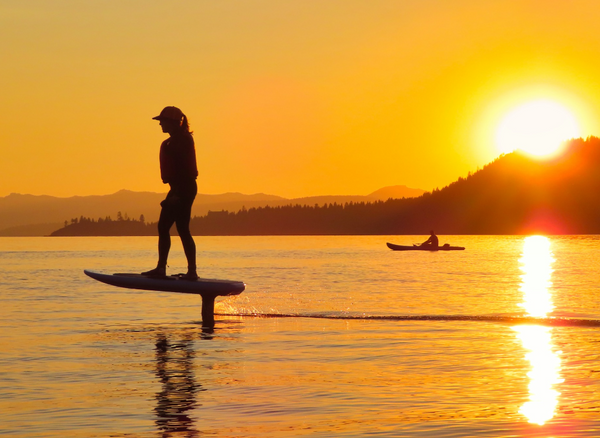Surfing is a sport that has been around for centuries and its popularity continues to rise today. This water sport is a rollercoaster of physical and mental challenges, but the rush you get from it is Unbeatable. It's like finding pure joy and freedom on a board. No wonder people are hooked! So, is surfing hard? Let’s just dive into it those gnarly waves and find out.
Cowabunga, baby!
The Learning Curve of Surfing
Surfing may seem like an intimidating activity at first glance, but don’t let that scare you away! Just like any skill, it takes time and practice to become good. However, with the right guidance and a passion, anyone can learn how to surf!
That being said, while there are some basic concepts that need to be mastered in order to surf proficiently (such as paddling technique, wave selection, board control etc.), the most important part of mastering surfing is having fun in the process.
Equipment & Location Matters Too
Believe it or not, the equipment you use and the location where you choose to surf can make all the difference in your success. Different types of boards are designed for different conditions. Therefore, it's important to pick a board that fits your experience level and the wave conditions. Additionally, certain locations tend to have more forgiving waves than others; so if you're just starting out as a surfer it’s wise to choose a spot that won't overwhelm you with powerful waves.
Prepare yourself for your Surf session
In order to become a successful surfer, there are certain skills that need to be mastered first. These include paddling technique, wave selection, wave knowledge, and being able to stay on your board.
- Paddling out into the waves requires strength and endurance because paddling against the current is tough work.
- Wave selection means knowing when to go out and when not to; having knowledge of tide cycles and understanding which tides are best for beginners as well as experienced surfers.
- Knowing how to read the wave also helps ensure that you catch the best one for your skill level.
- Being able to stay on your surfboard after catching a wave takes practice!
Even if you master all of these skills, there is no guarantee that you will catch every wave; sometimes luck plays a role too!
While there is definitely a learning curve involved with mastering this fun sport, anyone who puts their mind (and body!) into it can become decent at surfing over time.
Once ready don't forget about proper safety precautions such as wearing protective gear like wetsuits or booties since cold water temperatures can quickly sap energy levels which makes staying afloat much more difficult than necessary!
Surfing isn't just about learning technical skills. It's also about enjoying yourself while doing something new and exciting! With patience and dedication anyone who wants to learn how to surf should not have a problem conquering the waves.
We wish y'all good vibes during your next session!
Learn more and check out our other articles:








